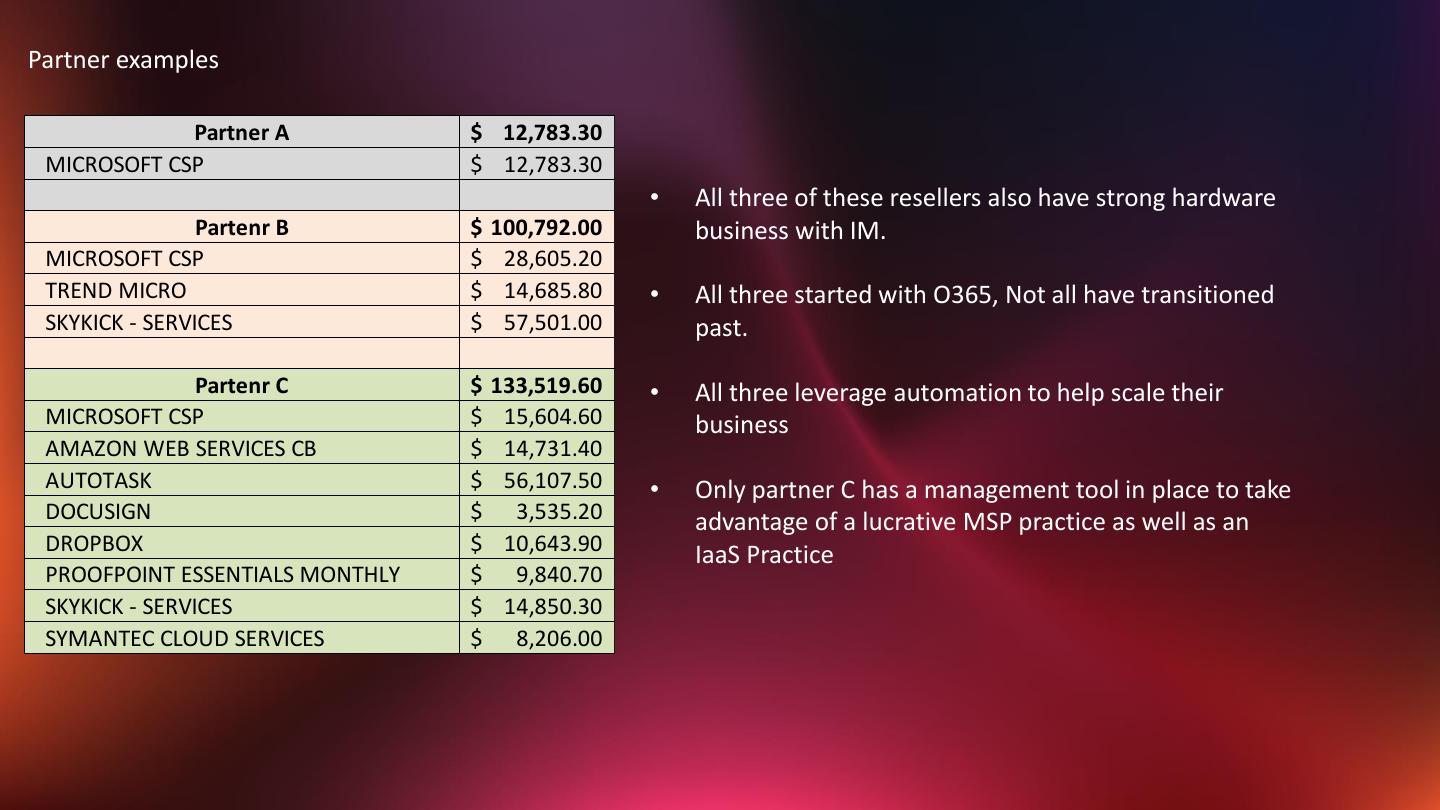"Maximizing Financial Relief: A Comprehensive Guide to Income Based Repayment Student Loans"
Guide or Summary:Understanding Income Based Repayment Student LoansEligibility for Income Based Repayment Student LoansHow Income Based Repayment Student Lo……
Guide or Summary:
- Understanding Income Based Repayment Student Loans
- Eligibility for Income Based Repayment Student Loans
- How Income Based Repayment Student Loans Work
- Benefits of Income Based Repayment Student Loans
- Challenges and Considerations
- Steps to Apply for Income Based Repayment Student Loans
- Conclusion: Is Income Based Repayment Student Loans Right for You?
Understanding Income Based Repayment Student Loans
Income Based Repayment (IBR) Student Loans are a type of repayment plan designed to make student loan payments more manageable for borrowers with limited income. This plan adjusts monthly payments based on the borrower's income and family size, ensuring that payments remain affordable over time. The core idea behind IBR is to alleviate the financial burden of student debt, especially for those who may be struggling to make ends meet after graduation.
Eligibility for Income Based Repayment Student Loans
To qualify for Income Based Repayment Student Loans, borrowers must have federal student loans and demonstrate a partial financial hardship. The Department of Education provides specific criteria for what constitutes a partial financial hardship, typically involving the borrower's income in relation to the federal poverty line. It’s essential for borrowers to provide accurate income documentation, as this will directly influence their monthly payment amounts.

How Income Based Repayment Student Loans Work
Under the IBR plan, monthly payments are capped at a percentage of the borrower’s discretionary income. For most borrowers, this percentage is set at 10% or 15%, depending on when the loans were taken out. Additionally, the repayment term can extend up to 20 or 25 years, after which any remaining loan balance may be forgiven. This forgiveness feature is particularly appealing for those who may never fully pay off their loans due to income constraints.
Benefits of Income Based Repayment Student Loans
The primary benefit of Income Based Repayment Student Loans is the reduction in monthly payments. By tying payments to income, borrowers can avoid the stress of high payments that could lead to default. Furthermore, IBR plans offer the potential for loan forgiveness, which can provide significant relief for borrowers who have been in repayment for many years. Additionally, borrowers may qualify for other benefits, such as deferment or forbearance, which can provide temporary relief during financial hardships.

Challenges and Considerations
While Income Based Repayment Student Loans offer many advantages, there are also challenges to consider. For instance, borrowers may find that their total loan balance increases over time if their payments do not cover the interest that accrues, leading to a larger balance at the end of the repayment term. Additionally, navigating the application process can be complex, and borrowers must remain vigilant about recertifying their income each year to maintain their IBR status.
Steps to Apply for Income Based Repayment Student Loans
Applying for Income Based Repayment Student Loans involves several steps. First, borrowers should gather their financial documents, including tax returns and pay stubs. Next, they can complete the Income Driven Repayment Plan Request form through the Federal Student Aid website or their loan servicer's platform. It's crucial to stay organized and respond promptly to any requests for additional information to ensure a smooth application process.

Conclusion: Is Income Based Repayment Student Loans Right for You?
Deciding whether Income Based Repayment Student Loans are the right choice depends on individual circumstances, including income, family size, and long-term financial goals. For many borrowers, IBR provides a viable path to managing student debt without sacrificing financial stability. It’s advisable to consult with a financial advisor or student loan counselor to explore all available options and determine the best repayment strategy tailored to one's unique situation.